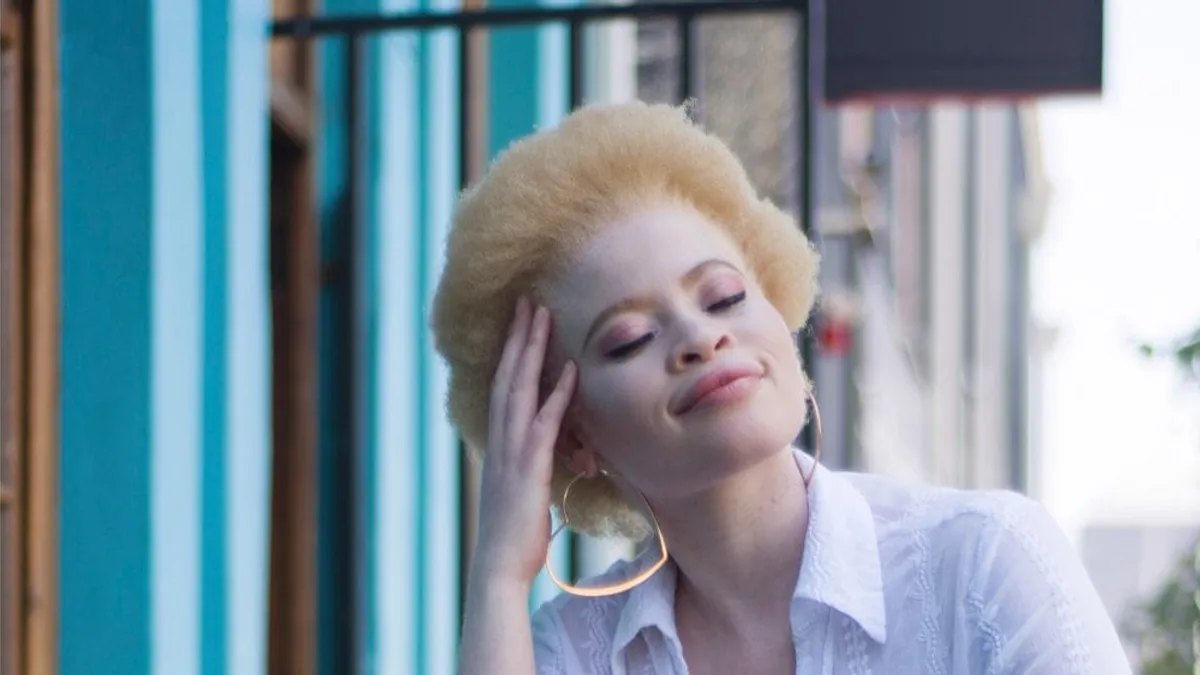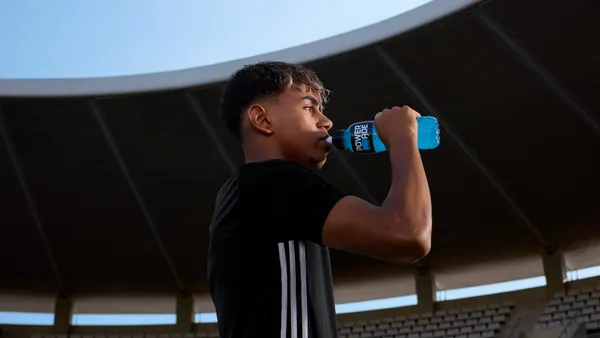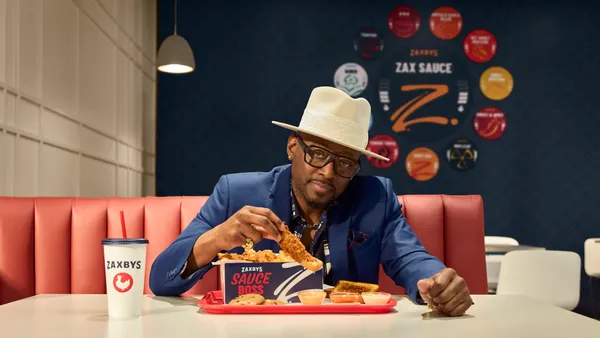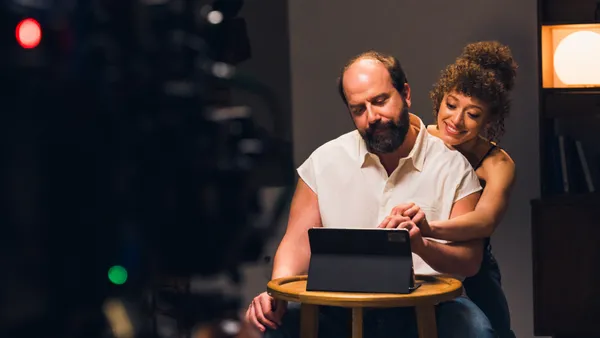Dive Brief:
- Unilever's Dove brand is promoting inclusivity in advertising by offering to subsidize the cost of hiring diverse talent incurred by other brands, according to Dove South Africa's website and a newly posted YouTube video from Dove South Africa about the effort. The "It's On Us" campaign, which began in 2020 and is continuing this year, is an extension of Dove's Project #ShowUs to create a collection of more than 10,000 images that depict a more inclusive vision of beauty for advertisers and media outlets.
- "We decided to hack the advertising industry — from the inside — infiltrating international casting calls with real beauty models from Project #ShowUs," the website says about "It's On Us." The models participating in casting calls also deliver the message that if they are chosen to appear in an ad and it shows them as they really are, Dove will cover their appearance fee.
- Unilever, one of the largest marketers in the world, has been ramping up its commitment to purpose-driven marketing, with "It's On Us" reflecting a willingness to invest in its pledges around inclusivity as a way to make them a reality even if it means funneling some of those funds to other marketers' efforts. Magnum, Krispy Kreme, Cif and Nedbank have joined Dove in the effort, according to the brand's website, which provides a form for other brands to request to participate.
Dive Insight:
Dove's "It's On Us" campaign reflects how the advertising industry is looking for ways to move beyond making pledges around diversity and inclusion to find solutions that turn their promises into reality. Unilever has committed itself to promoting diversity and inclusion in advertising and, as one way to move the industry forward, is subsidizing the cost of hiring diverse talent by other brands.
The news comes as research from advertising industry group the Association of National Advertisers shows that marketers are falling short on their diversity and inclusion pledges and as the organization works on developing news tools to help marketers measure their efforts in this area and pinpoint where to push ahead.
"It's On Us" also shows how Dove's marketing around beauty continues to evolve. While the effort is grounded in a survey that found 70% of women don't feel represented in media and advertising, it is also consistent with a longer-term theme running through Dove's marketing efforts, most notably its "Campaign for Real Beauty" launched in 2004 to build confidence in women and children.
More broadly, parent company Unilever has made social inequality a bigger priority, along with fighting climate change. As part of the effort, Unilever in January pledged to feature more diverse groups in its advertising, not only in front of the camera, but also with the agencies and producers it hires. The effort includes boosting spending on suppliers owned or operated by people from underrepresented groups. The "It's On Us" campaign indicates that Unilever is backing its pledge with money as a way to urge other brands to promote diversity and inclusion in their advertising.
Unilever also recently announced plans to stop using the word "normal" in the advertising and packaging of its beauty and personal care brands, a reflection of its push to be less exclusionary. The move followed its announcement last summer, amid mass protests for racial justice worldwide, that it would remove the words "fair/fairness," "white/whitening" and "light/lightening" from its packaging and communications. It rebranded its skin-lightening line Fair & Lovely, which is mostly popular in Asia, as Glow and Lovely. Several critics saw the changes as cosmetic, claiming the idea of a skin-lightening product is inescapably problematic, Forbes reported.
Unilever plans to invest $2.4 billion (2 billion euros) in the next two years to support high-growth business segments like beauty products, plant-based food and e-commerce. The consumer packaged goods giant last year increased its spending on marketing $192.4 million after initially conserving its budget during lockdowns in the first half. Because of store closures, more than 50% of beauty sales came through e-commerce channels last year, per its quarterly report.














